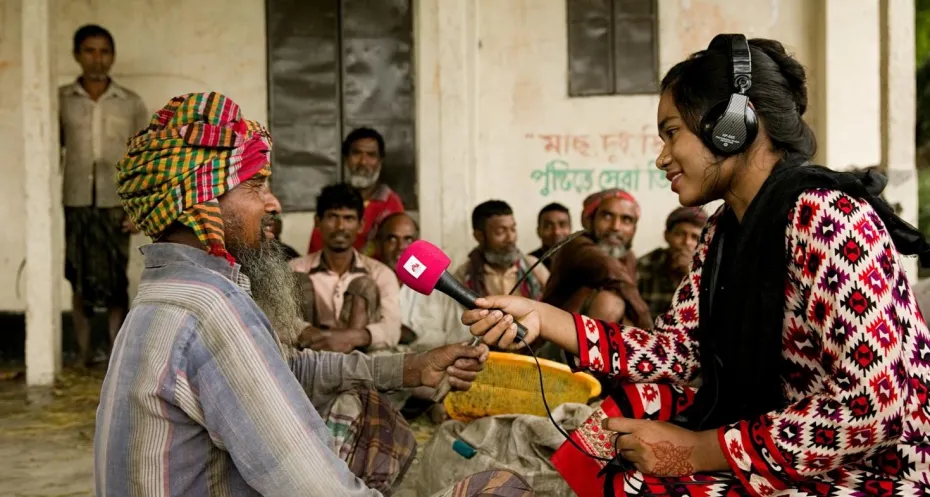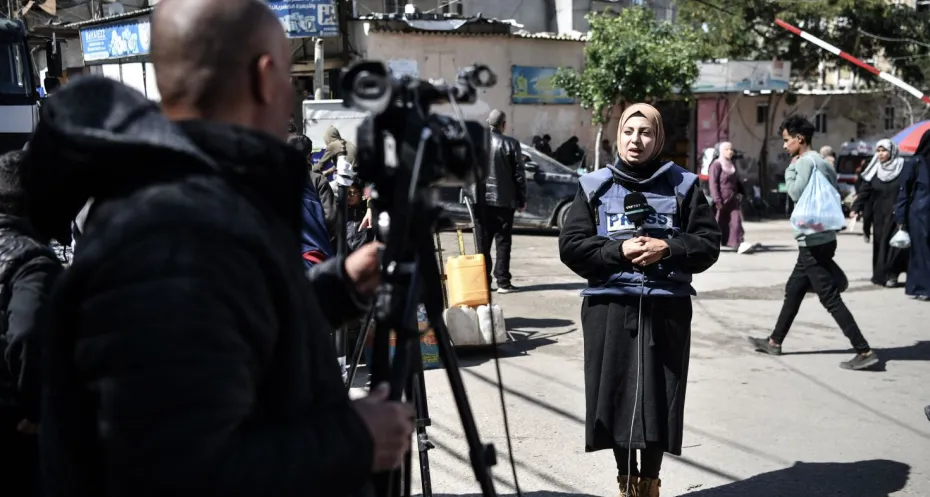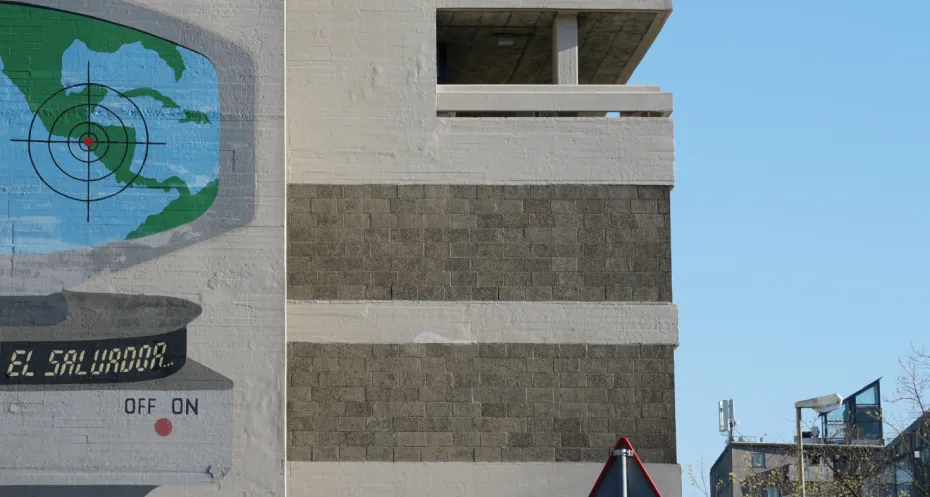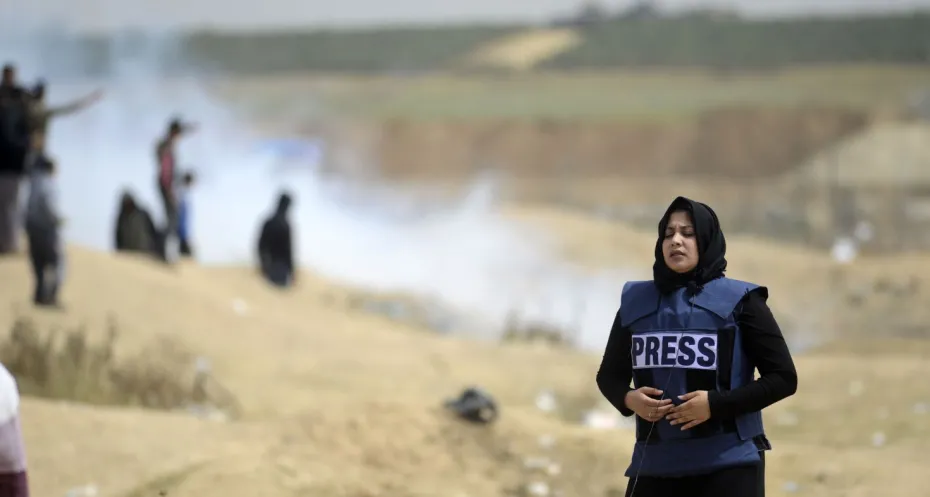Unprecedented onslaught on press freedom in South Asia

Free Press Unlimited, together with the International Press Institute (IPI), has supported a cross border investigation into the state of press freedom and safety of journalists in the South Asian region, covering Nepal, Bangladesh, Pakistan and India. The results are worrying.
It is the first time that media organisations in Bangladesh, India, Pakistan and Nepal are coming together to report about the killings, attacks, harassment, and intimidation of journalists in these South Asian countries. News organisations partnering up in the project are IPI members The Daily Star in Bangladesh, The Week - Malayala Manorama in India, Dawn in Pakistan, as well as Nagarik (Nepali) and myRepublica (English) in Nepal.
Those in power undermine press freedom
The report shows that a climate of hatred towards journalists and media outlets is being fostered by political parties in power in the region. In Pakistan, cases of abduction, physical attacks and torture of journalists have become commonplace. Equally disturbing is the nationwide intimidation of newspaper distributors, apparently intended to disrupt the circulation of newspapers.
In all countries it is seen that democratically elected governments are not only failing to uphold press freedom and to protect journalists, but have also enacted legislation or resorted to other means of pressure to stifle independent media and critical journalists.
Legal and financial harassment
In Bangladesh for example, the Digital Security Act has stifled press freedom and forced self-censorship on the country’s media. The law provides sweeping powers to authorities to block or remove any content in the digital media deemed harmful to harmony or public order. Sentences can go up to 18 years in prison. In Nepal, criticising the President or members of parliament is a criminal offence, and the government has proposed four new laws, which according to journalists and media outlets would stifle press freedom even more.
In India editors are walking a tightrope in a bid to maintain their independence. Those who do not fall in line face the wrath of the government, and are labelled anti-national. Especially in the Kashmir region critical media organisations have been denied advertisements, starving them of a substantial source of revenue and delivering a crippling blow to press freedom.
Effects of Covid-19 pandemic
The Covid-19 pandemic has exacerbated the assault on press freedom globally and the South Asia region is no exception. India accounts for the highest number of pandemic related press freedom violations in the region. As many as 60 journalists have been arrested or charged under various laws, and 23 journalists have been subjected to verbal and physical attacks. Following the second wave of the pandemic in the country, which led to severe shortages of oxygen, the government attempted to suppress criticism of its response. In April, it asked social media networks to take down posts that were critical of the government and political leaders, which led to the removal of dozens of tweets.
Fortunately, India´s Supreme Court has intervened on several occasions, for example when the government and its law enforcement machinery resorted to the use of an out of date sedition law to silence critical journalists. At least eight senior journalists and editors had been charged with sedition. In a recent judgement, the Supreme Court ruled that the government could not pursue sedition charges against journalists merely for their criticism of authorities.
Bound to uphold media freedom
The report shows that the South Asia region is witnessing an unprecedented onslaught on media freedom. Journalists and media organisations are faced with a multitude of challenges.
Alongside the South Asia report, Free Press Unlimited published another four safety reports from other countries and regions covering infringements on the safety of journalists and public access to information in the year 2020. These confirm the negative global trend, and call for an immediate and strong response from the international community. Read more about that here.
The project is partially supported by UNESCO’s Global Media Defence Fund, a multi-partner trust fund that supports investigative journalism contributing to tackle impunity for crimes against journalists.
Read the full report here:
Photo: Bashir Ahmed Sujan



